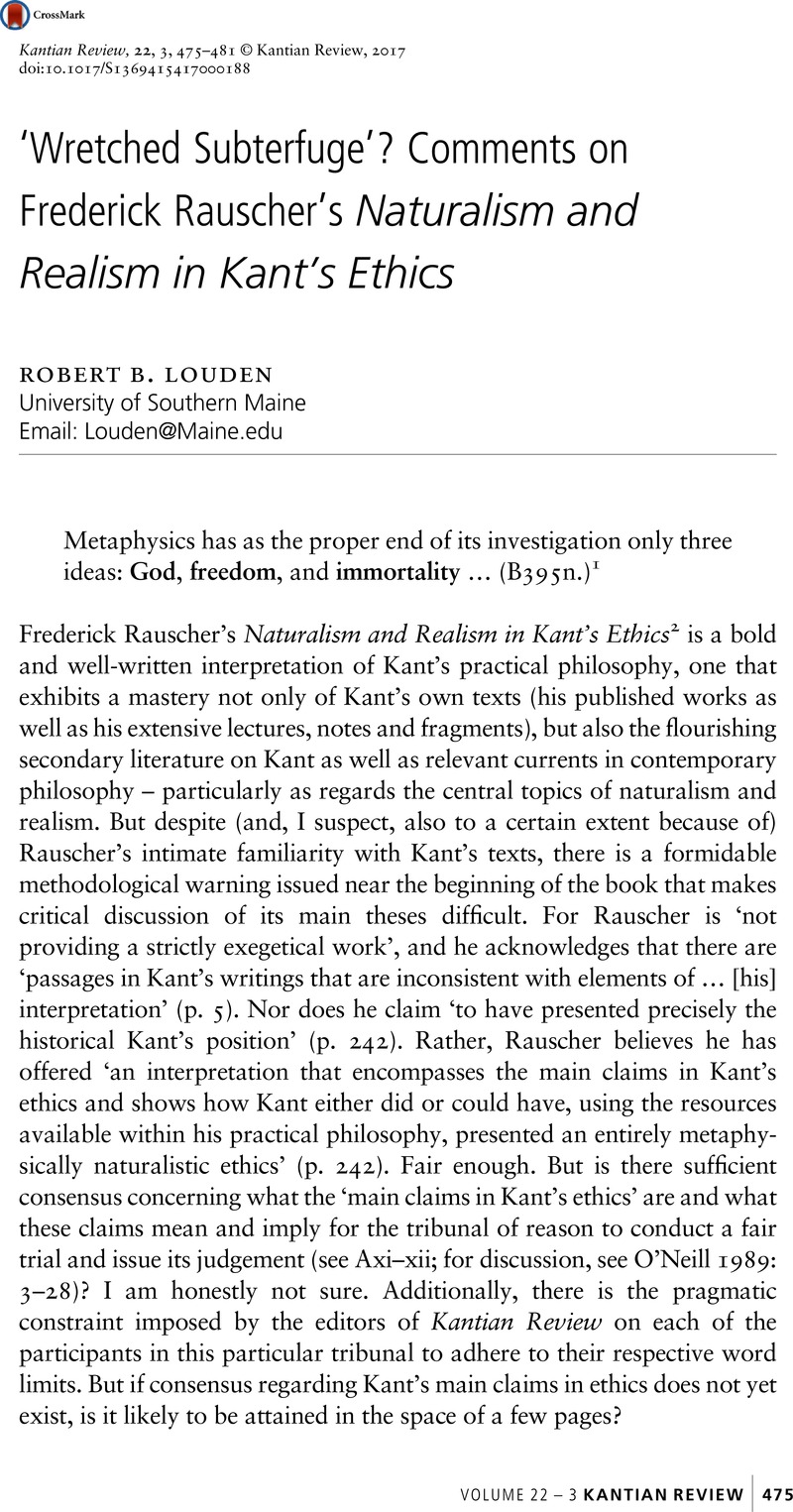Crossref Citations
This article has been cited by the following publications. This list is generated based on data provided by Crossref.
Louden, Robert B.
2019.
Education and the overcoming of evil.
Educational Philosophy and Theory,
Vol. 51,
Issue. 13,
p.
1308.



